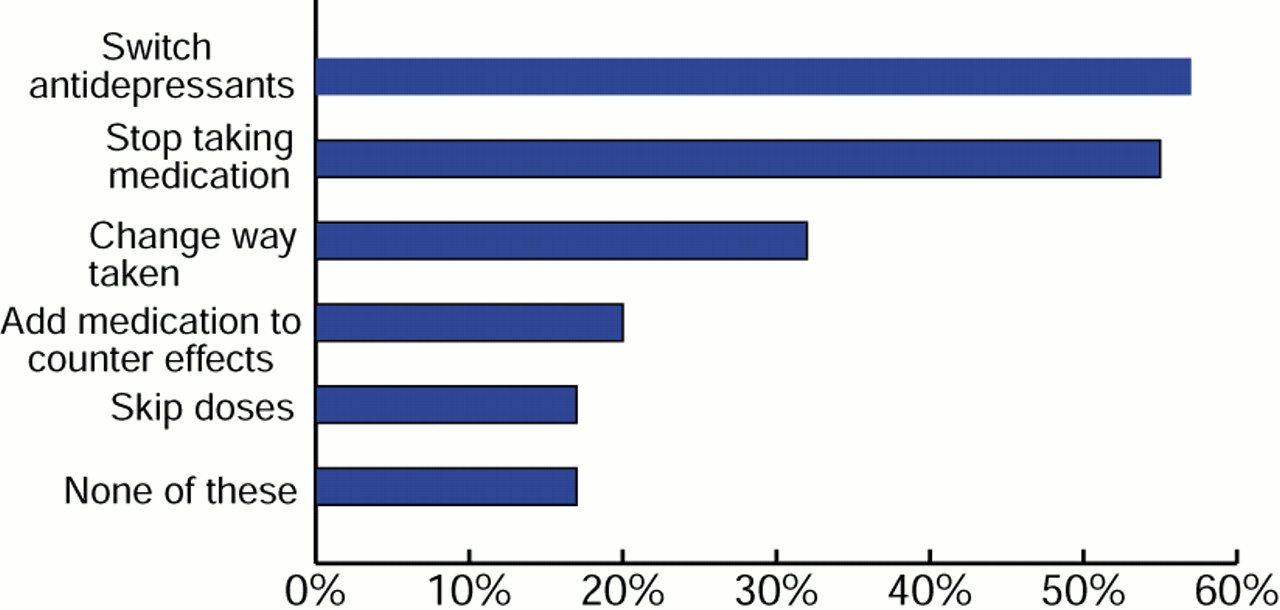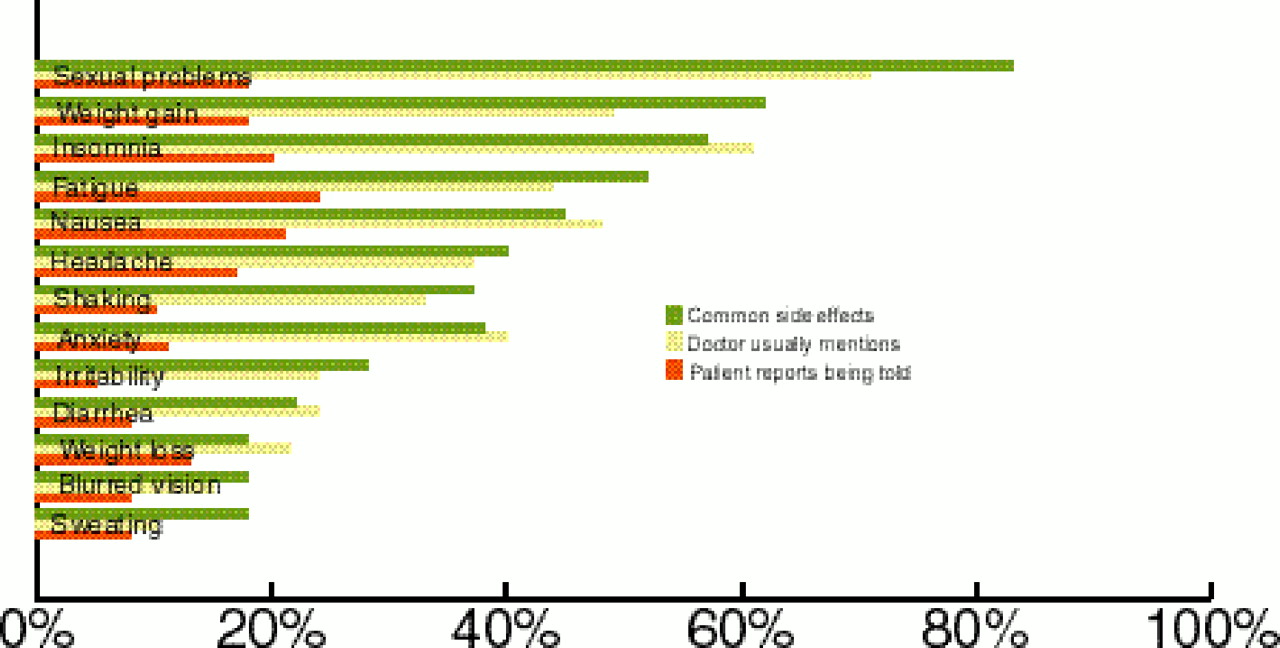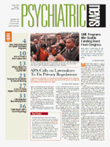Many Americans go to primary care doctors for help with depression. Many get relief. But quite a few do not. At least not optimal relief.
This is a major finding of a survey of 900 randomly selected primary care physicians and 1,000 patients receiving treatment from them for major depression. The survey was conducted on behalf of the National Depressive and Manic-Depressive Association (NDMDA), headquartered in Chicago. The survey was conducted by Schulman, Ronca, and Bucuvalas Inc., a national research firm that specializes in health issues.
Specifically, primary care physicians reported that they routinely treat patients for depression. This claim was confirmed by the patients surveyed. Sixty-four percent said they were initially diagnosed by a primary care doctor, and 84 percent said that they depend exclusively on a primary care physician for information about depression treatment.
When primary care doctors treat patients for depression, they nearly always use antidepressants. The vast majority of physician respondents (82 percent) rated antidepressants as very effective, and 97 percent reported prescribing an antidepressant for patients with a newly diagnosed major depression.
Eighty-five percent of patients receiving antidepressant therapy reported that it has had a positive effect on their lives. Yet three-fourths reported that, in spite of treatment, their depression hasn’t been totally banished.
Why are such patients not getting complete relief? One reason that emerged from the survey is side effects. Nearly half of the patients surveyed (47 percent) reported that they had experienced side effects from antidepressants, and as a result, 17 percent had skipped doses, and 55 percent had stopped taking antidepressants altogether (see chart). Both are major stumbling blocks to recovery.
Yet the side-effect problem could undoubtedly be solved if communication between primary care doctors and depressed patients was better, the survey also reveals.
For instance, 69 percent of primary care physicians claimed that they usually tell their patients that sexual problems are possible antidepressant side effects, and 47 percent claimed that they mention weight gain. Yet only 16 percent of patients said that primary care doctors had warned them about such possible side effects (see chart below). In fact, 34 percent of patients said that their doctor had not warned them about any possible side effects when he or she had prescribed an antidepressant for them.
As a result of this survey, the NDMDA is issuing a call to action to the primary care community and patients to open new channels of communication to improve the odds for a successful recovery from depression. Eleven of the nation’s leading primary care and mental health organizations, including APA, are supporting this initiative.
The executive summary of the survey, “Beyond Diagnosis: A Landmark Survey of Depression and Treatment,” can be obtained by calling (800) 826-3632. A short summary of the survey is also posted on the Web at www.ndmda.org. ▪


